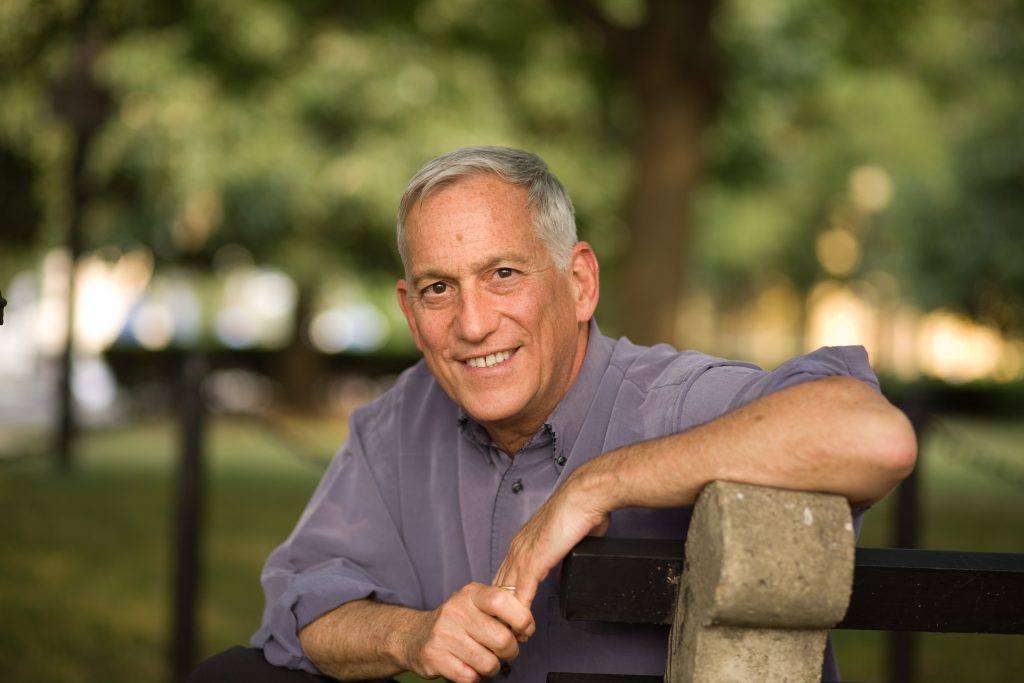Author Walter Isaacson’s New Book Examines Ethical Dilemmas of Gene Editing
“I think this will be the most consequential technology of our lifetime,” says “The Code Breaker” author on the proliferation of gene editing technology.

Scientific developments rarely materialize without some public controversy. Gene editing is no exception. The technology has the potential to impact medicine and health dramatically, but it also comes with a host of ethical questions.
“We can do this right if we decide to do it right. And it’s simply a policy choice.” — Walter Isaacson, author of “The Code Breaker”
Access to and exploitation of editing technology are legitimate concerns for many experts. Still, gene editing science can radically impact the quality of human life and the future of public health.
Listen: Best-selling author and historian Walter Isaacson talks gene editing and his new book “The Code Breaker.”
Guest
Walter Isaacson is a best-selling author and professor of history at Tulane University. His latest book, “The Code Breaker: Jennifer Doudna, Gene Editing, and the Future of the Human Race,” tackles the life and career of one of the lead scientists behind CRISPR, the groundbreaking genetic editing tool.
Isaacson says it’s essential to consider the people behind scientific developments since their fingerprints are often on their inventions. “Science, technology, the advances of all forms of knowledge don’t just happen … they come through people,” says Isaacson. He adds that it’s crucial to know innovators’ motives and their stories in order to humanize science in an era of mistrust.
Gene editing harnesses a similar technology as the current COVID-19 vaccines. Isaacson says mRNA vaccines, which instruct the body to build a spike protein, are often a safer means of defending against the virus. “Molecules have become the new microchip, and they make things so much safer and easier to use,” says Isaacson.
Still, inequality persists as a big question mark around gene editing, something Isaacson says those directly involved in the development of CRISPR have considered.
“Should the rich be able to buy better genes or their kids?” he asks. “Jennifer Doudna, the hero of my book, is saying multiple things. One is that we need to bring down the cost of these things rapidly.” Politics and regulations, he says, will be significant factors in the future of gene editing. “We can do this right if we decide to do it right. And it’s simply a policy choice.”
Web story written by Clare Brennan
Trusted, accurate, up-to-date
WDET is here to keep you informed on essential information, news and resources related to COVID-19.
This is a stressful, insecure time for many. So it’s more important than ever for you, our listeners and readers, who are able to donate to keep supporting WDET’s mission. Please make a gift today.
